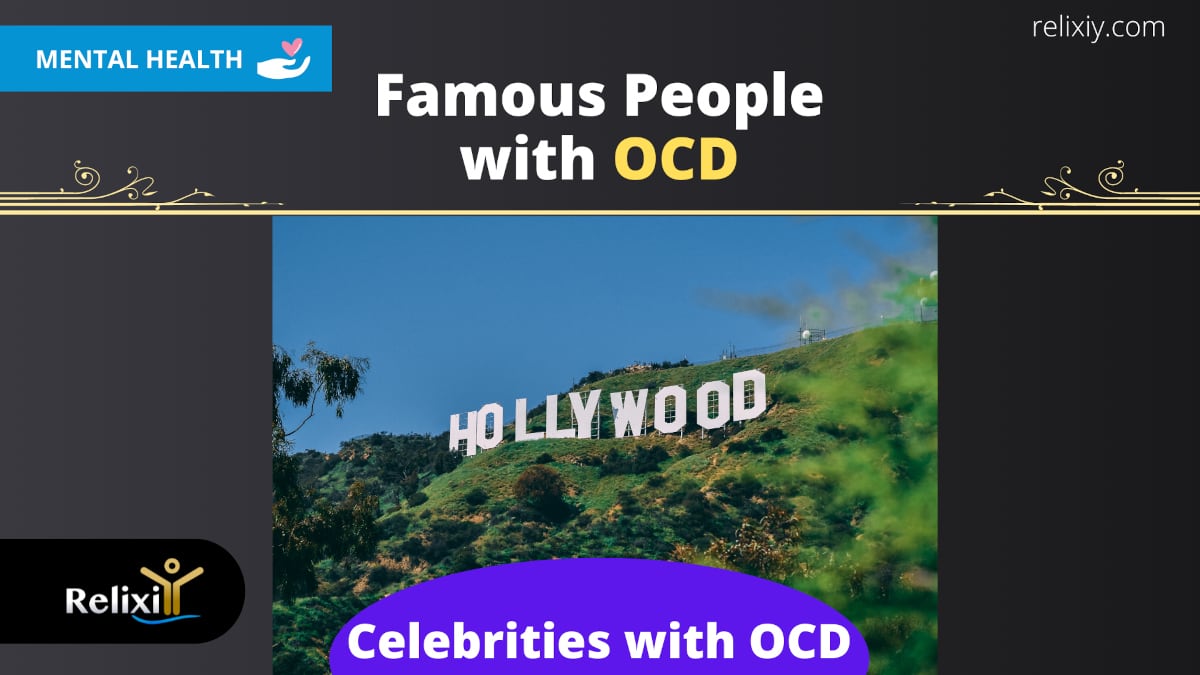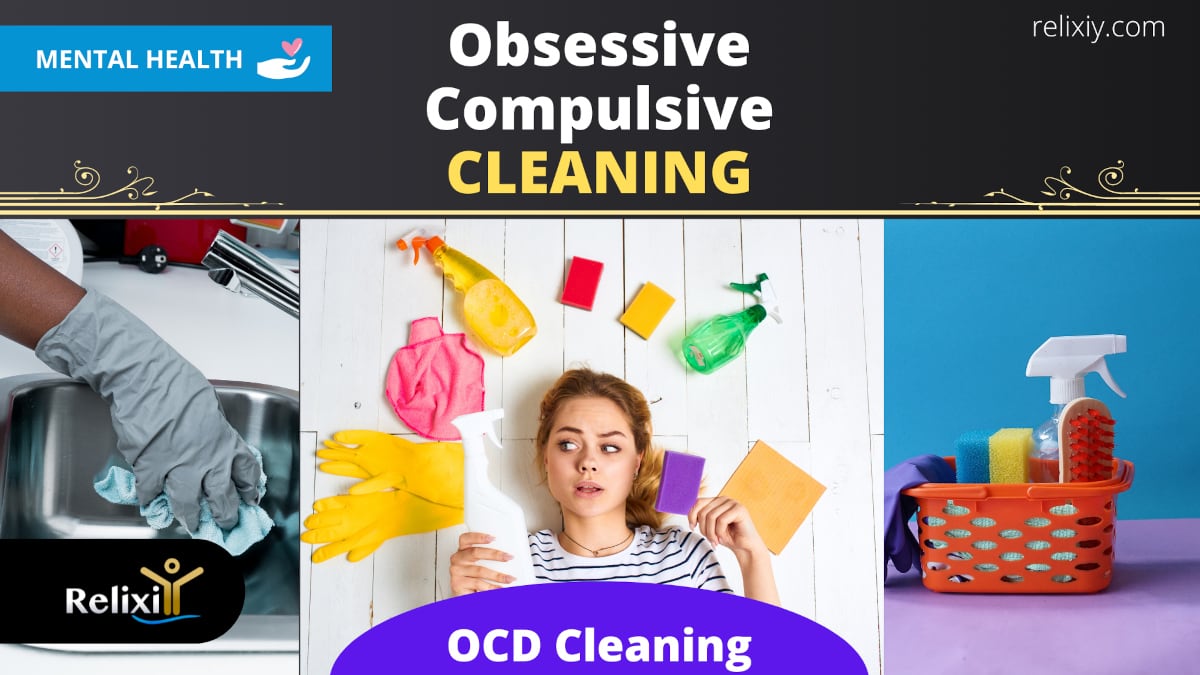In this God-gifted healthy living era, unfortunately, with the addition of extreme science featured including focusing on-screen and keeping intact with social media zone most of the time, we have gradually been trapped ourselves in very unhealthy arrangements. Herewith, in this article, I am elaborating on the subject of “5 ways to cut back on-screen staring time and beat social media addiction”.
The majority of us nowadays use smartphones or tablets to distribute social content. While this makes staying in touch quite convenient, it also means that social media is always available. The frequent alerts and messages hurting your concentration and focus, disrupting your sleep, and making you a slave to your phone might cause impulse difficulties.
How social media is capturing your interest
The purpose of social media sites is to capture your interest, keep you online, and keep you checking your screen for updates. It’s how businesses generate money. However, just like gambling addiction or a nicotine, alcohol, or drug addiction, social media use can lead to psychological cravings. The synthesis of dopamine in the brain can be stimulated by receiving a like, a share, or a positive reaction to a post. The more you’re rewarded, the more time you want to spend on social media, even if it has negative consequences in other areas of your life.
Your excessive usage of social media may be hiding other underlying issues like stress, despair, or boredom. You may have been using social media to distract yourself from unpleasant feelings or self-soothe your moods if you spend time on it when you’re sad, lonely, or bored. Allowing yourself to feel can help you find healthy ways to control your moods, even if it’s challenging at first.
social media Addiction – a self-fulfilling cycle
- You use social networking sites more frequently when you’re lonely, unhappy, anxious, or stressed, as a method to pass the time or feel connected to others.
- Using social media more frequently, on the other hand, promotes FOMO and feelings of inadequacy, discontent, and loneliness, which can negatively affect your mood and exacerbate depression, anxiety, and stress symptoms.
- As your symptoms develop, you become much more reliant on social media, and the downhill spiral continues.
Signs that your mental health is being harmed by social media addiction
Everyone is different, so there is no set amount of time spent on social media, frequency of checking for updates, or a number of posts you make that suggests your use is problematic. Rather, it’s about how much time you spend on social media that affects your mood and other elements of your life, as well as your motivations for using it.
For example, if your social media use causes you to neglect face-to-face interactions, distracts you from work or school, or makes you feel envious, angry, or depressed, it could be problematic. Similarly, if you’re only on social media because you’re bored or lonely, or because you want to make people jealous or upset, it’s time to reconsider your online habits.
The following are signs that social media is having a negative impact on your mental health:
- Spending more time on social media than with friends in the real world. Many of your offline social interactions have been replaced by using social media. Even when you’re out with friends, you feel compelled to check social media on a regular basis, frequently motivated by the fear that others are having more fun than you.
- Making unfavorable comparisons to others on social media. You have a low sense of self-worth or a negative body image. You might even have problematic eating patterns.
- Not having enough time to reflect on one’s own actions. You spend every spare moment on social media, leaving little or no time to focus on who you are, what you think, or why you act the way you do—the things that help you grow as a person.
- Having difficulty sleeping. Do you check social media late at night, early in the morning, or even when you wake up in the middle of the night? Phones and other electronics emit light that can disrupt your sleep, which can have a negative influence on your mental health.
- Worsening anxiety or depression symptoms Instead of helping to ease unpleasant feelings and improve your mood, social media makes you feel more nervous, unhappy, or lonely.
Here are 5 ways to lower screen time and eliminate social media addiction:
1 – Reduce time online
Reduced social media usage to 30 minutes per day resulted in lower symptoms of anxiety, despair, loneliness, sleep issues, and FOMO. However, you don’t need to dramatically reduce your social media usage to improve your mental health. According to the same study, simply being more attentive to your social media use can improve your mood and focus.
While limiting our time spent on social media by 30 minutes per day may not be a realistic goal for many of us, we can still benefit from doing so. For the most part, this entails limiting our smartphone usage.
The following tips can help:
- Keep track of how much time you spend on social media each day with an app. Then decide how much you want to decrease it by.
- Turn off your phone whether you’re driving, at a meeting, at the gym, eating dinner, spending time with offline friends, or playing with your kids at particular times of the day.
- Don’t take your phone into the restroom with you. Bring your phone or tablet to bed with you. Turn gadgets off and place them in a different room to charge overnight.
- Switch off the notifications of social media. The incessant buzzing, beeping, and dinging of your phone alerting you to new messages is difficult to ignore. You can recover control of your time and focus by turning off notifications.
- Keep the number of checks to a minimum. If you have a habit of checking your phone every few minutes, try limiting yourself to once every 15 minutes. Eventually every 30 minutes, and then every hour. There are apps that can limit how much time you have access to your phone automatically.
- Try uninstalling social media apps from your phone so you can only use your tablet or computer to check Facebook, Twitter, and other sites. If this seems like too big of a change, start by eliminating one social media app at a time to see how much you miss it.
2 – Change your focus
Many of us use social media out of habit or to pass the time when we have free time. However, by focusing on your reason for logging on, you may not only cut down on the amount of time you spend on social media, but you can also improve your experience and avoid many of the drawbacks.
If you’re using social media to find specific information, check in on a sick friend, or share new photos of your kids with family, for example, your experience will be very different than if you’re logging on simply to pass the time, see how many likes you got on a previous post, or see if you’re missing out on something.
3 – Gentle reminder to yourself:
Make a list of all the good things in your life and refer to it whenever you feel like you’re missing out on something. And keep in mind that no one’s life is truly as picture-perfect as it appears on social media. Even if we choose not to post it online, we all experience heartbreak, self-doubt, and disillusionment.
- Spend more time with offline friends—To be happy and healthy, we all require the companionship of others. When used properly, social media may be an excellent tool for facilitating face-to-face interactions. If you’ve let virtual friendships take the place of real-world friendships in your life, there are lots of other methods to form meaningful bonds without relying on social media.
- Schedule time each week to interact with friends and family offline. Make it a regular gathering where you always turn off your phones.
- Reach out to an old buddy (or an internet friend) and set up a meeting if you’ve neglected face-to-face friendships. Offer to run errands or exercise together if you both have hectic schedules.
- Become a member of a club. Join a group of like-minded people who meet on a regular basis to pursue a hobby, creative endeavor, or fitness activity that you enjoy. Don’t let social shyness get in the way of your success.
- Interact with folks you’ve never met before. Make eye contact with people you pass on the bus, in the coffee shop, or in the grocery store by looking up from your phone. Smiling or saying hello can instantly improve your mood, and you never know where it will go.
4 – Express gratitude
Gratitude for the important things in your life can be a pleasant break from the hatred, animosity, and discontent that social media can sometimes engender.
- Set aside time for introspection. Keeping a thankfulness notebook or utilizing a gratitude app are also good options. Keep track of all the wonderful memories and positive aspects of your life, as well as the things and people you’d miss if they vanished overnight. You can even express your thanks on social media if you’re more prone to ranting or negative posts—although you may benefit more from the quiet reflection that isn’t subjected to others’ criticism.
- Make an effort to be mindful. FOMO keeps you ruminating on life’s failures and frustrations by causing you to compare yourself unfavorably to others. Instead of being totally present in the moment, you’re preoccupied with the “what ifs” and “if onlys” that keep you from living the life you see on social media.
- Relax and meditate. Meditation can help you reduce the stress caused by your social media addiction. Tip from our experience: you may find that using an anxiety blanket while you are meditating will make you feel calmer, and melt away anxiety, FOMO, and frustration, enhancing the beneficial effects of your meditation. Weighted blankets are increasingly popular for their soothing effects and can be used also to feel better also outside of your bedroom, for example, while meditating or listening to some nice relaxing music.
5 – Assisting a child or teen-age with harmful social media use
For some kids, social media exacerbates these issues, fuelling anxiety, bullying, depression, and low self-esteem. If you’re concerned about your child’s social media use, it’s tempting to simply take away their phone or another device. However, isolating your youngster from their peers and the perks of social media may cause more problems, there are alternative options for helping your youngster use Facebook, Instagram, and other social media platforms responsibly.
- The greatest approach to safeguard your child from social media dangers and assure their internet safety is to talk to them. Talking allows you to assist your child.
- Figure out how they want to be treated by others and how they want to be treated by others online — for example, you can urge your child to only write nice comments on social media.
- Comprehend the dangers of using social media – for example, your child could be tagged in an embarrassing photo taken at a party – and learn how to avoid them – for example, if your child publishes an identifying selfie, they can lessen the risk by not including any additional personal information.
- Monitor and restrict your child’s use of social media. If you understand how your child engages on social media, you’ll be better positioned to address any difficulties.
- Parental control apps can help you limit your child’s data consumption or limit their phone usage to specific times of the day. You can also change their privacy settings on many platforms to limit their exposure to bullies or predators.
- Make “social media” breaks a must. You may, for example, ban your child from using social media until they have completed their evening schoolwork, prohibit phones from being used at the dinner table or in their bedroom, and organize family events without the use of phones or other devices.
- Encourage physical activity as well as off-line pursuits. Encourage your youngster to engage in physical activities and interests that need real-world interaction to keep them away from social media. Exercise is beneficial for reducing anxiety and tension, as well as raising self-esteem and enhancing mood, and it may be done as a family. The less your child’s mood and sense of self-worth are influenced by how many friends, likes, or shares they have on social media, the better.
This is a complex topic, and if you want, you can read more about how social media affects the brain here.





